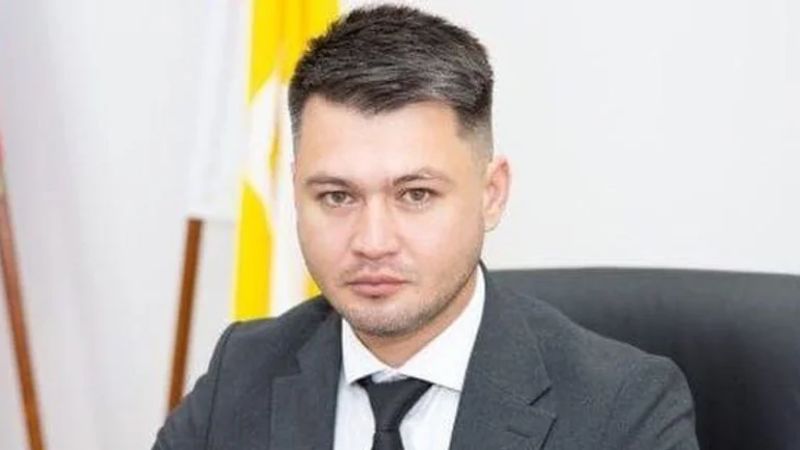Syria's Shifting Sands: Can President al-Sharaa Control the Foreign Fighters Who Helped Him Rise?

Syria, once embroiled in a brutal civil war, finds itself navigating a new and complex challenge. While President Ahmed al-Sharaa owes his position, in part, to the assistance of thousands of foreign fighters who helped depose the Assad regime, these same individuals now pose a significant threat to his political stability. This evolving situation raises crucial questions about Syria’s future, the influence of external actors, and the potential for renewed conflict.
The Rise of Foreign Fighters and Assad's Downfall
During the Syrian civil war, a diverse array of foreign fighters, motivated by a complex mix of ideological fervor, religious beliefs, and a desire for adventure, flocked to Syria. Many joined rebel groups fighting against the Assad regime. Their presence, along with internal dissent and external support for the opposition, contributed significantly to the regime’s weakening and eventual loss of considerable territory.
President al-Sharaa, emerging from the post-Assad power vacuum, initially benefited from the reduced opposition and the establishment of a new order. However, the foreign fighters who played a pivotal role in achieving this outcome have not seamlessly integrated into Syrian society or the new government’s structure. Their motivations remain varied, and their loyalty to the current regime is questionable.
A Growing Threat to Political Stability
Several factors contribute to the escalating threat posed by these foreign fighters. Firstly, many feel marginalized and excluded from positions of power and influence within the al-Sharaa government. This sense of disenfranchisement fuels resentment and could lead to attempts to undermine the regime. Secondly, some foreign fighters maintain ties to extremist groups, both within Syria and abroad, posing a potential security risk. Intelligence reports suggest a resurgence of clandestine activities and recruitment efforts.
Furthermore, the presence of foreign fighters complicates Syria’s efforts to rebuild and reintegrate into the international community. Their presence is a constant reminder of the country’s turbulent past and a barrier to attracting foreign investment and securing diplomatic recognition. Neighboring countries are also concerned, fearing spillover effects and the potential for these fighters to destabilize their own regions.
Al-Sharaa’s Delicate Balancing Act
President al-Sharaa faces a delicate balancing act. He needs to address the concerns of these foreign fighters without alienating the broader Syrian population or provoking a new wave of violence. A heavy-handed approach, such as mass arrests or military crackdowns, could easily backfire, leading to increased resentment and potential armed resistance. Simultaneously, he must reassure both his domestic supporters and the international community that he is taking steps to secure the country and prevent Syria from becoming a haven for terrorism.
Possible strategies include offering amnesty and incentives for foreign fighters to return home or integrate into Syrian society, providing economic opportunities and addressing their grievances. Strengthening security measures and intelligence gathering is also crucial to monitor their activities and prevent them from posing a direct threat to the regime. International cooperation, particularly with countries from which these fighters originated, is essential to facilitate their repatriation and prevent further recruitment.
The Road Ahead
The future of Syria hinges on President al-Sharaa’s ability to manage the challenge posed by the foreign fighters. Failure to do so could plunge the country back into chaos and undermine any progress towards stability and reconciliation. The situation demands a nuanced and strategic approach, one that prioritizes dialogue, security, and economic development. The international community must also play a constructive role, providing support and assistance to help Syria navigate this critical juncture. The shifting sands of Syrian politics require careful navigation, and the president's success will determine the nation's fate.






